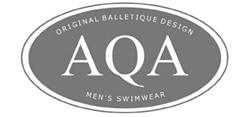To buy or lease commercial property?
Date posted: 23.08.2016 | Author: Harry BovensmannOf course there are benefits to leasing as well. Most commercial tenants sign 3-year leases which give them some stability, but also, more importantly, flexibility to move if the business grows bigger. Compare this to the problem if you realise you bought the wrong property.
The issue of deposits
Another advantage of leasing is that a deposit on a lease is usually much less than having to provide 30% or 40% of a purchase price. Another pro of leasing is that, while you as the tenant would have to see to maintenance in the inside, the landlord has to worry about things like the gutters and the roof.At the same time that value of the rental market remains very important, especially in an entrepreneurial environment where cash flow is important.
Measuring returns on property
There are two ways of measuring returns on property and the two are complementary. The first is the income yield, which is the expected first year’s net income divided by the purchase price. That tends to be, in most places, a pretty low yield. Then, on top of that, you hope to get capital growth.When comparing buying with renting you should look at the combined return of these two – that is the total return.
Another factor to consider
There is another factor to consider at the moment though. Currently industrial buildings and office buildings in SA are “quite cheap” in real terms, so the down side potential capital-wise is very low.
Another factor to consider is can you buy cash or do you need a mortgage bond? When the company has enough liquidity to buy cash, the argument in favour of buying is strengthened. But when you have to make use of a mortgage bond, the risk (variability of return) is multiplied.







